Thursday - 3 November 2022 -
We headed back to the tannery to finish a transaction with a leather vendor for matching poufs.

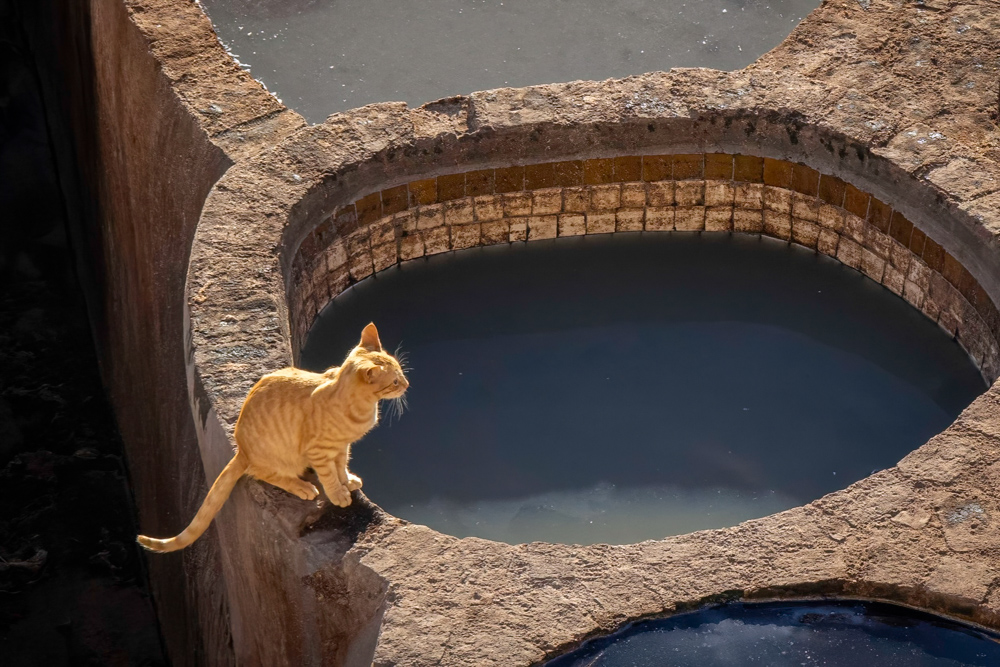
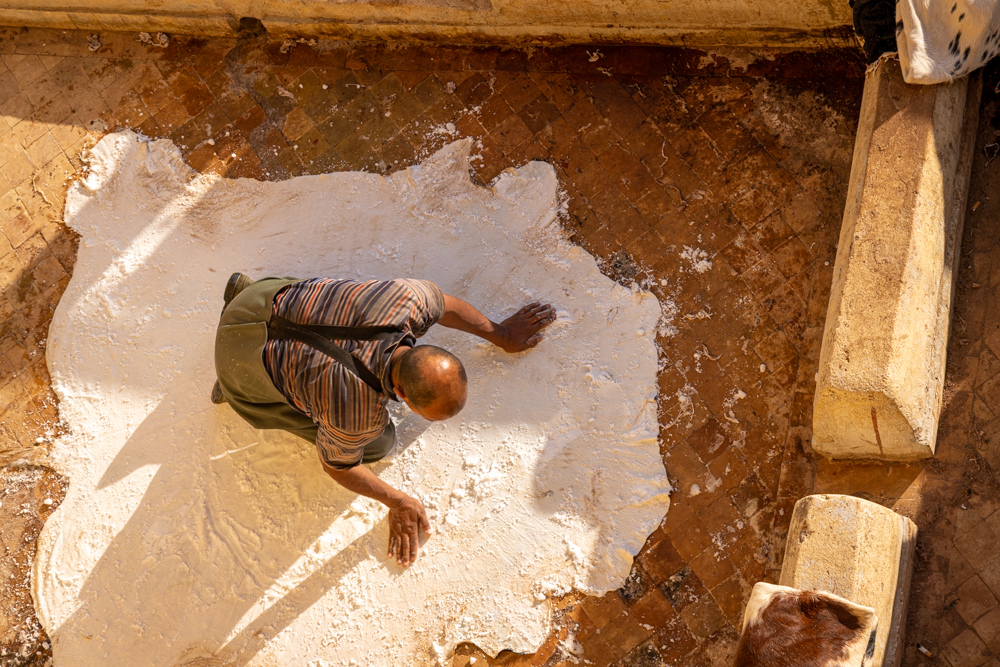
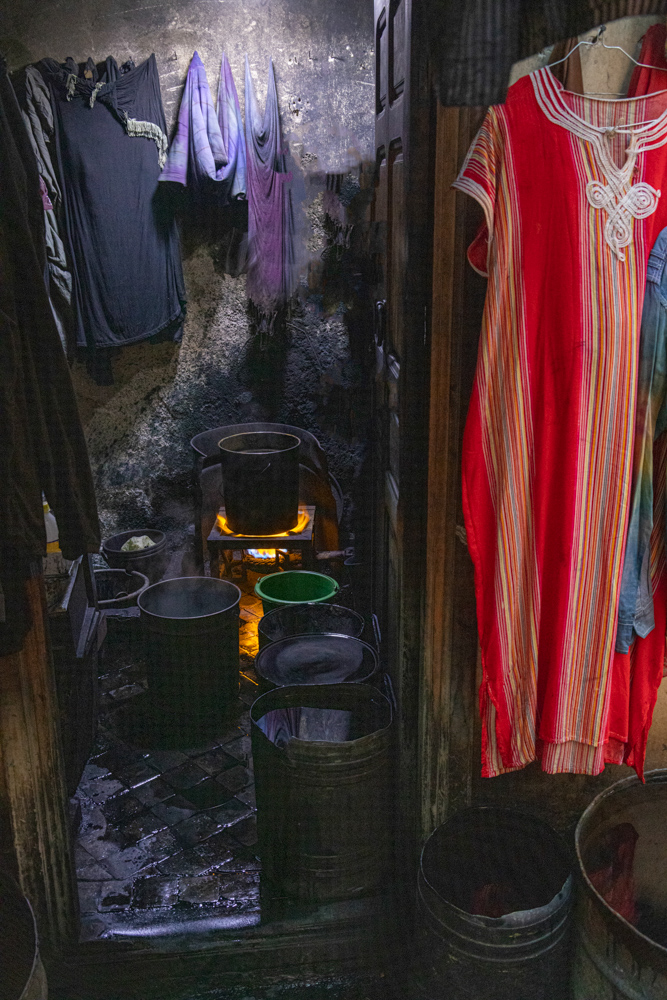
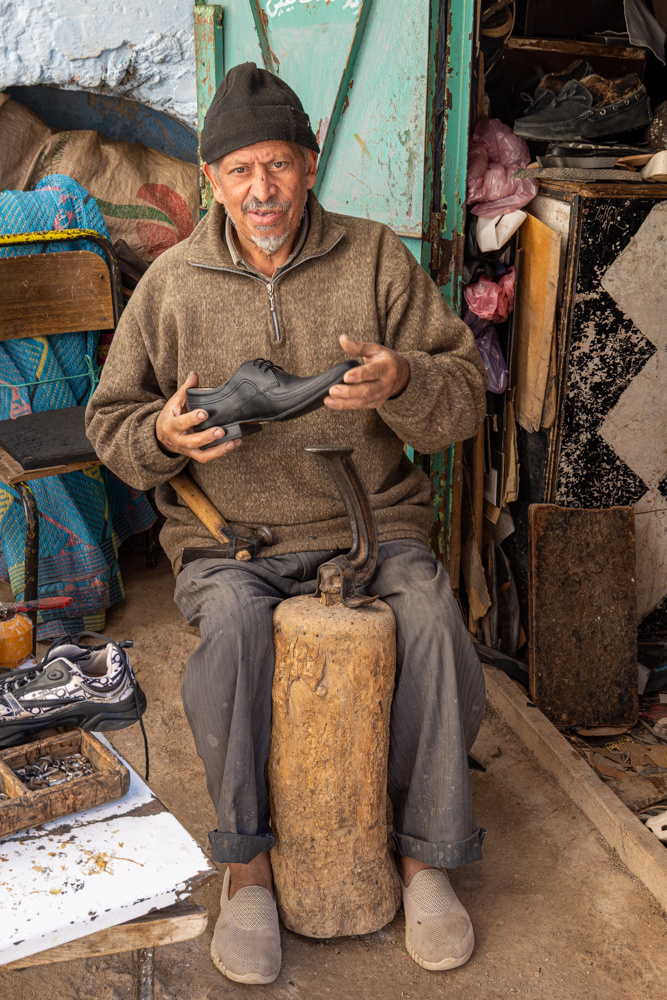

Sefrou was once home to one of the largest settlements of Moroccan Jews, the population estimated to have been as high as 8,000.
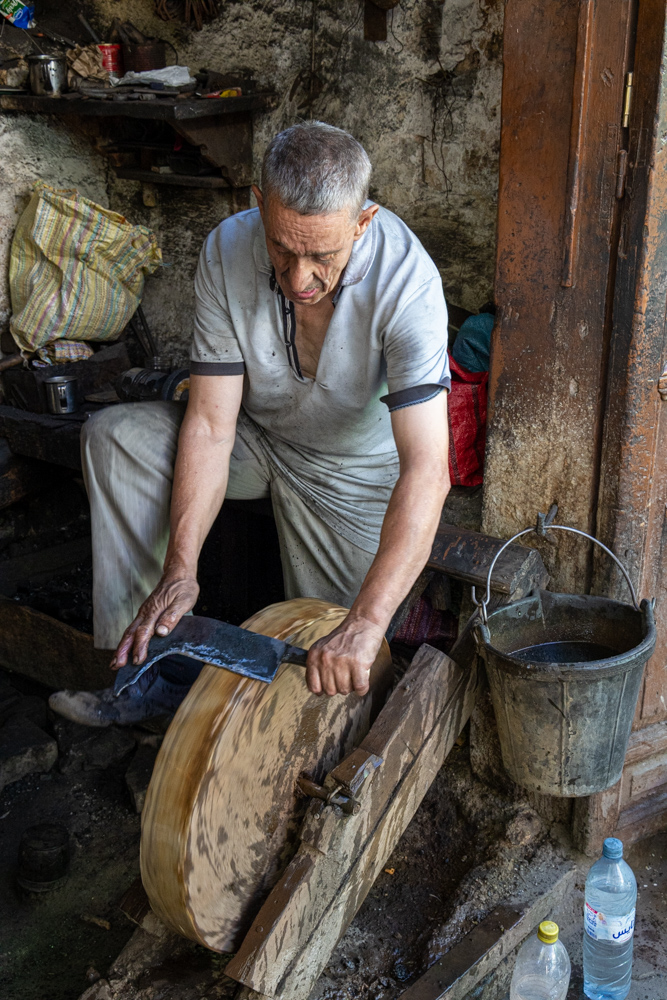

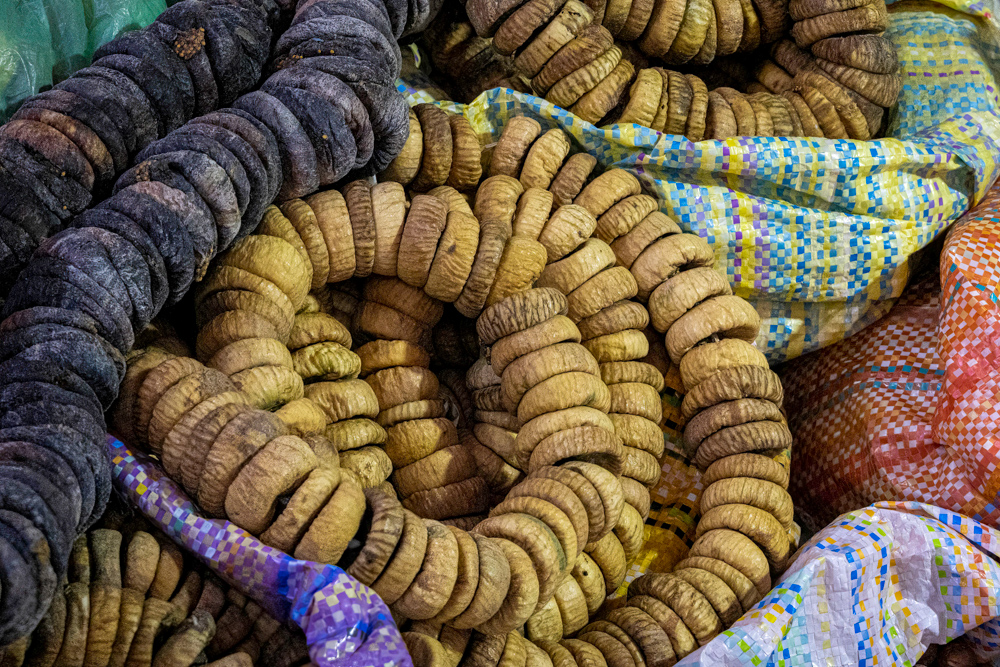

The tree bark is reputed to have been used over 7,000 years ago. Apart from their antibacterial attributes which help control dental plaque, they are effectively used as a natural toothbrush for teeth cleaning and whitening.
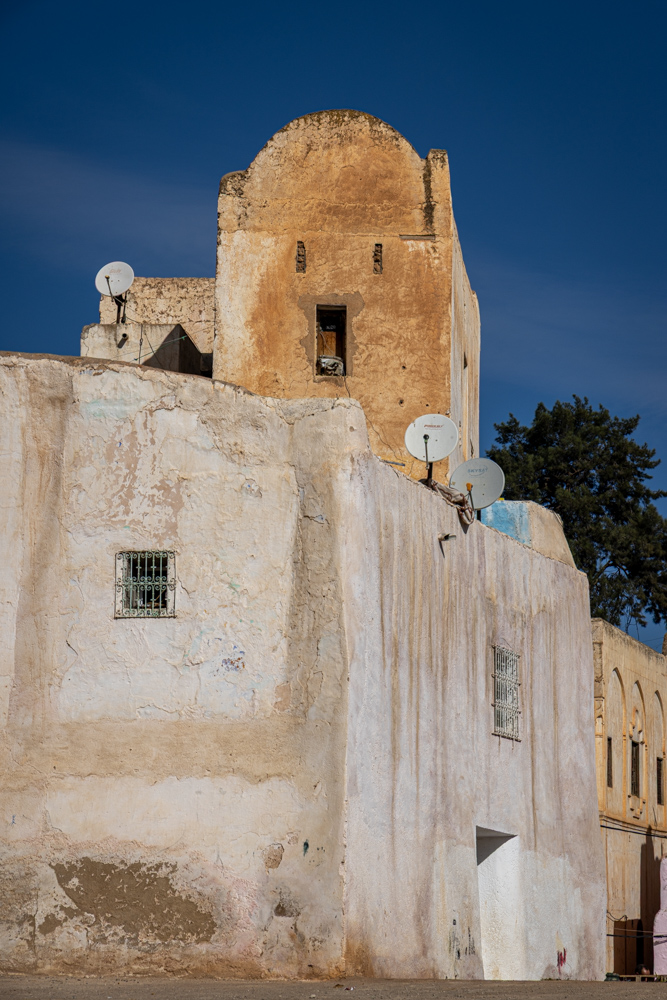




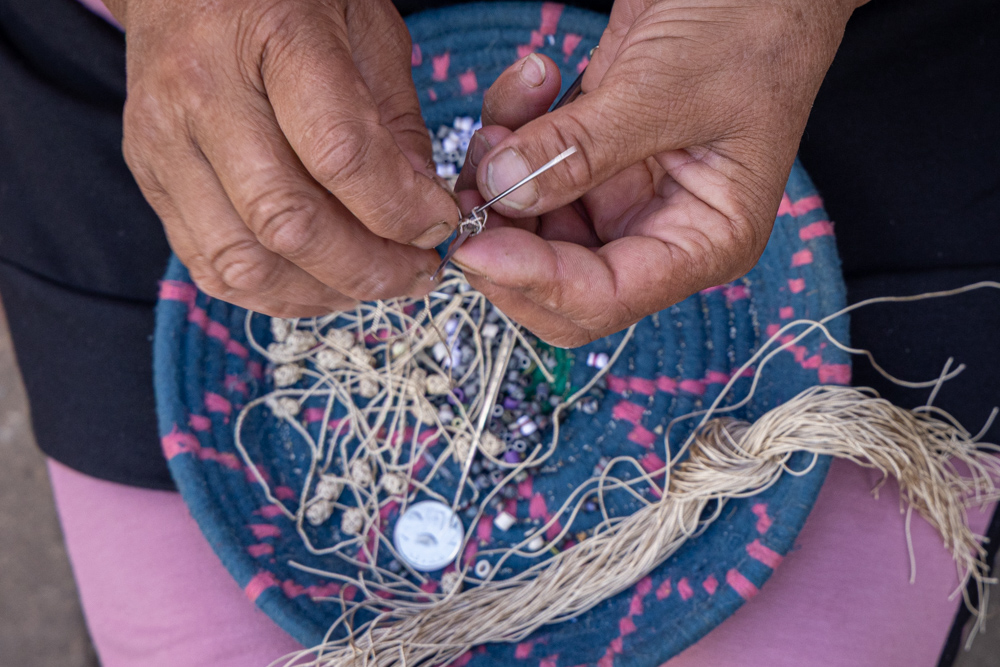




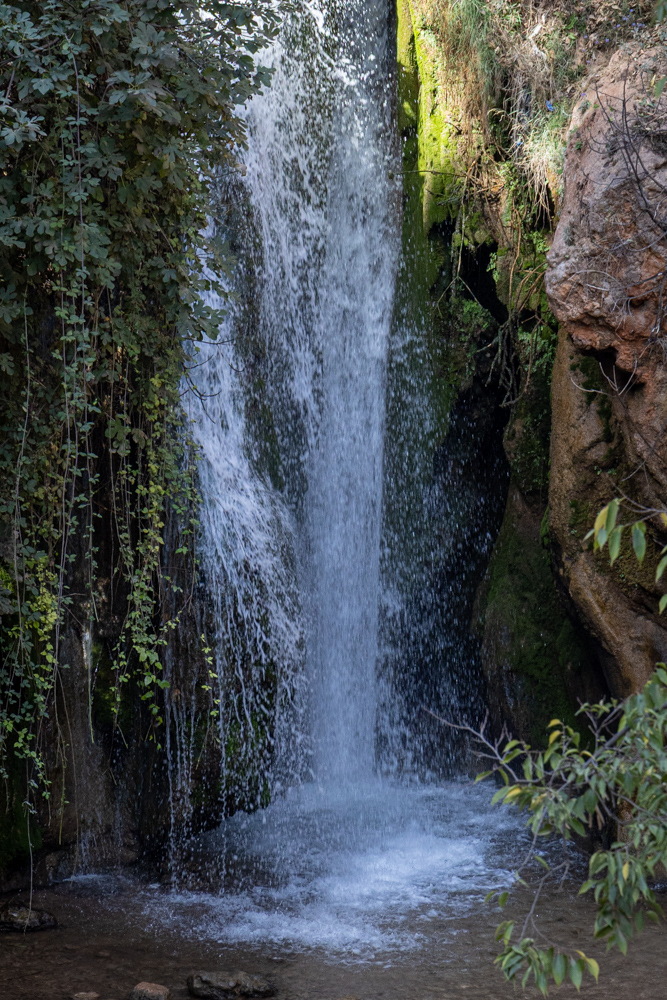
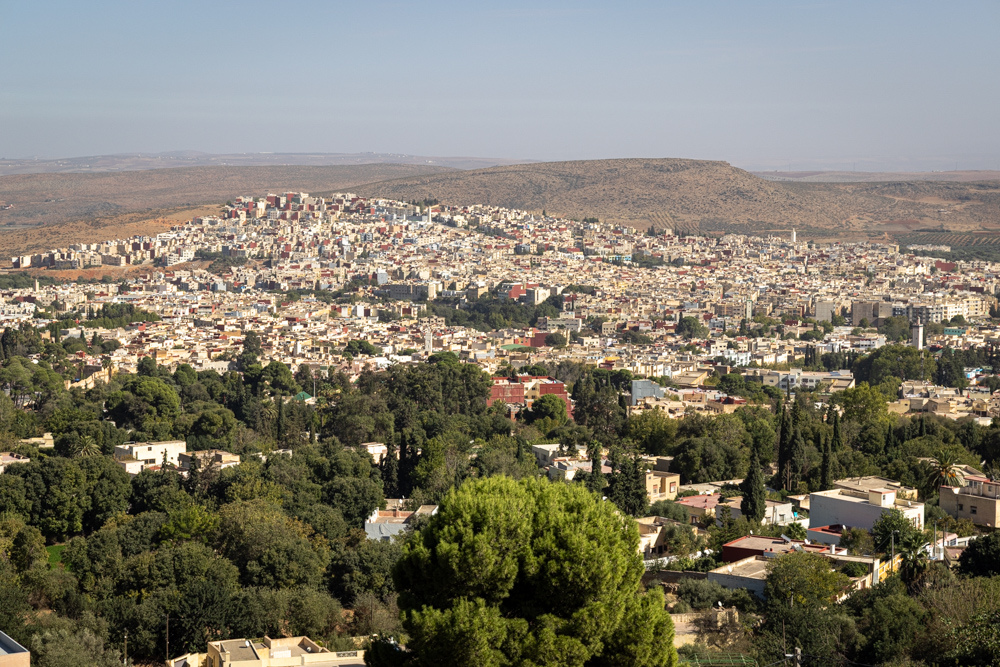
At the end of the tour of Sefrou we stopped at a cafe for mint tea.
Virginia Ann practices her tea pouring skills - you must pour from high to cool the tea.
Virginia Ann practices her tea pouring skills - you must pour from high to cool the tea.